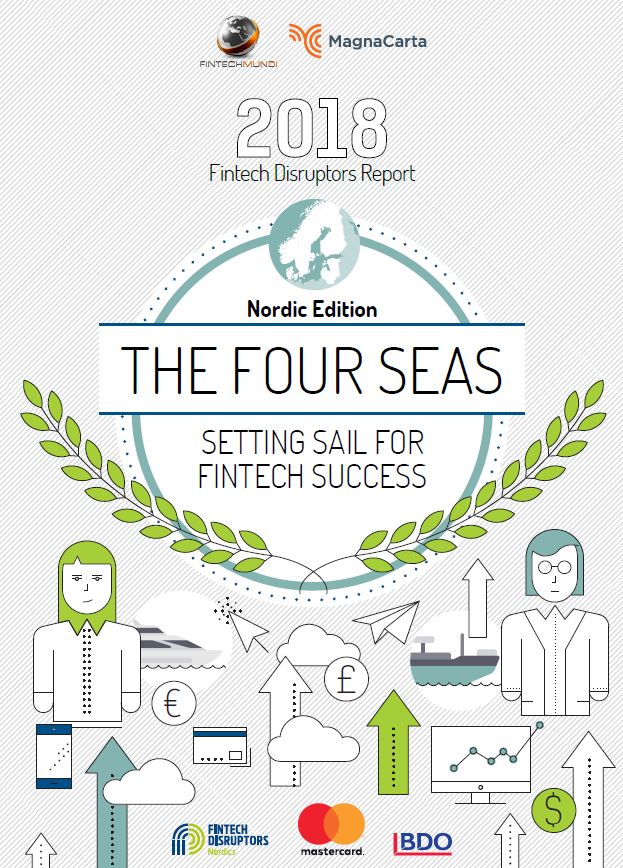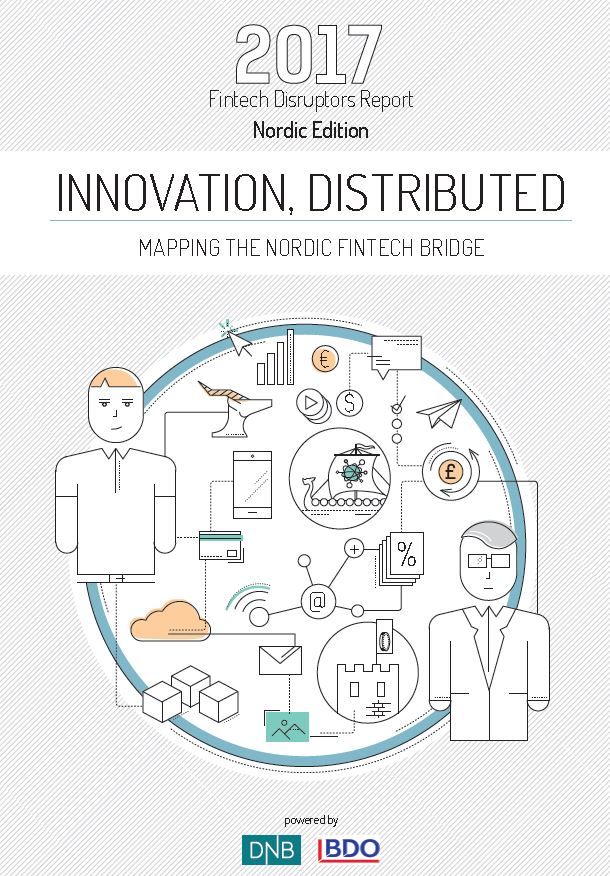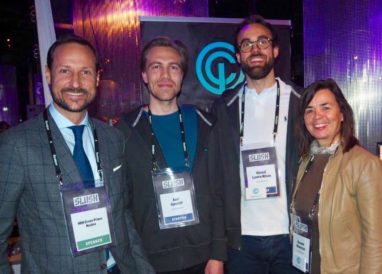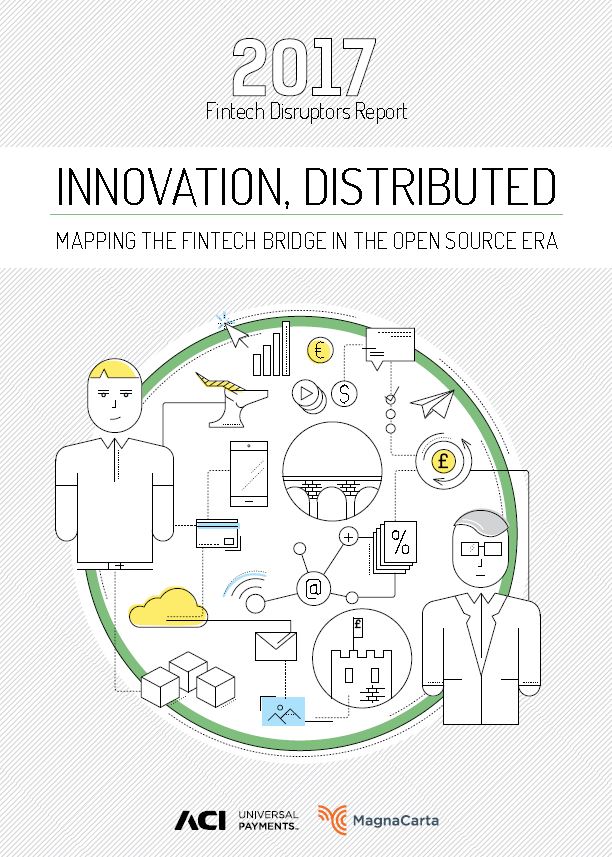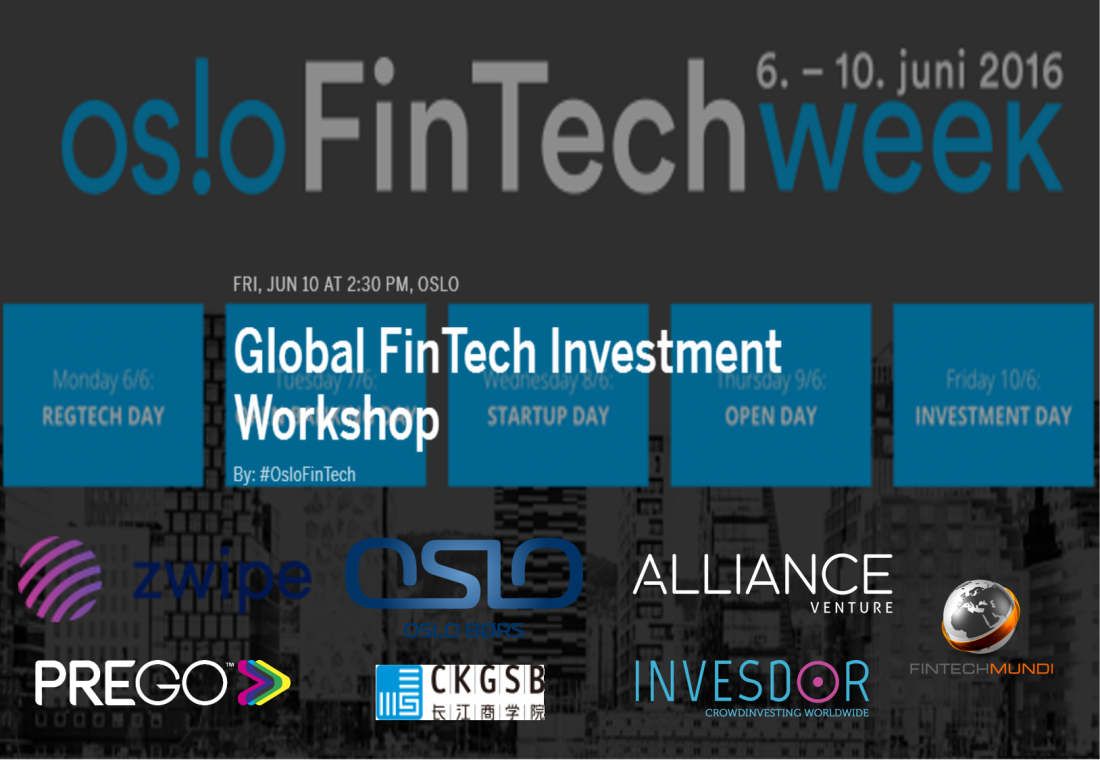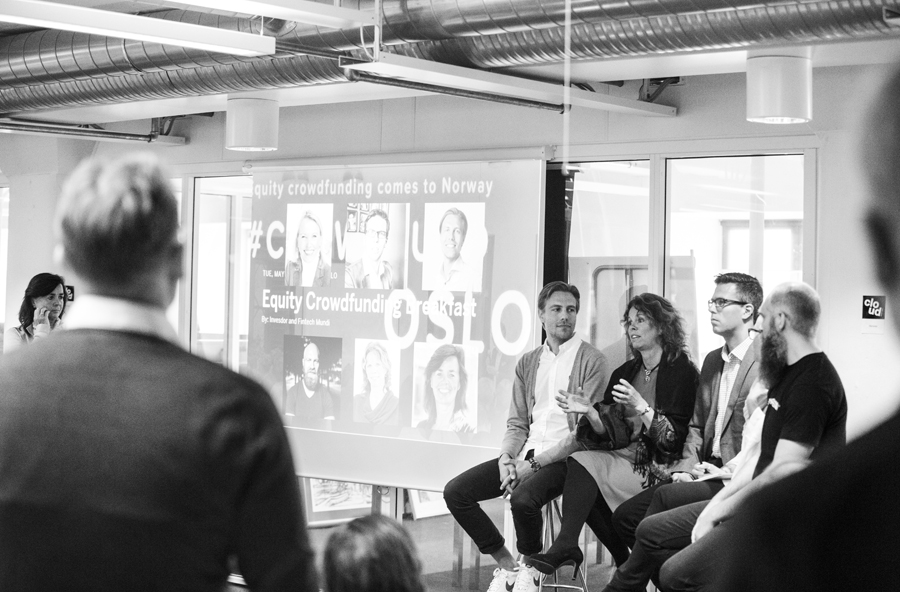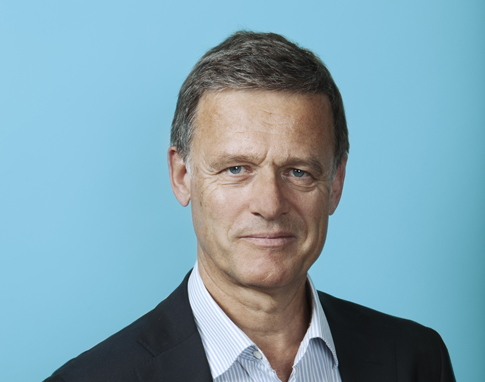HRH Crown Prince Haakon to join global innovators and institutions at first Oslo Financial Inclusion Summit
- 32 Nordic financial technology companies will showcase solutions
- Speakers from Equity Bank, Mastercard, World Bank, World Economic Forum gather to identify new ways to end financial exclusion
OSLO, 1 MARCH 2019: HRH Crown Prince Haakon has announced that he will attend the Financial Inclusion Summit in Oslo on 28th March and invites global leaders, innovators and financial institutions in Oslo to join him.
The Summit is being held to advance practical steps to end financial exclusion worldwide and discuss how the Nordic region can contribute to reducing poverty and driving growth through a dialogue for long-term solutions to financial inclusion, aided by latest advances in financial technology.
HRH Prince Haakon will be meeting thirty-two financial technology companies from across the Nordic region who will be showcasing how technology can solve the specific challenges faced by the almost 2 billion adults who are still excluded from formal financial services and act as a key driver to ending global poverty.
The summit – arranged by Fintech Mundi, the Nordic fintech accelerator, in partnership with Mastercard and the Norwegian Ministry of Foreign Affairs – will involve key government representatives, development agencies, fintech companies and private sector organisations from across the Nordic region and beyond.
Fintech Mundi CEO Susanne Hannestad explains: “It’s long been recognised that access to banking and financial tools is a proven route to poverty reduction. But despite significant global progress in reducing exclusion, the number of poor citizens continues to rise in some regions. Making a meaningful reduction in the ranks of the financially excluded will require a unique combination of public and private sector commitment coupled with technological creativity. We believe that Nordic fintechs can play a vital role providing concrete solutions.”
Headline speakers already confirmed include Ann Cairns, Executive Vice-Chairman of Mastercard; Greta Bull, Chief Executive Officer CGAP (World Bank); Drew Propson, Financial Service Director of the World Economic Forum; and James Mwangi, Chief Executive Officer of Equity Bank in Kenya.
Leaders from financial technology companies represented on stage include Antti Pennanen, CEO of Moni, Thea Sommerseth, CEO of Diwala, Selma Kvelm from Bright, Jens Glasø of Blockbonds, Sofie Blakstad of Hiveonline and Yoni Arbel of TransferWise.
This invitation-only event will:
- Deepen understanding of financial health and the ecosystem drivers that enable prosperity through financial inclusion
- Identify funding gaps for reducing exclusion and explore opportunities for private-public sector partnerships to tackle these
- Highlight Nordic and global fintech innovations which can address unbanked customers and identify a roadmap to maximise their impact
- Devise policy recommendations for government, multilateral agencies and the public sector.





